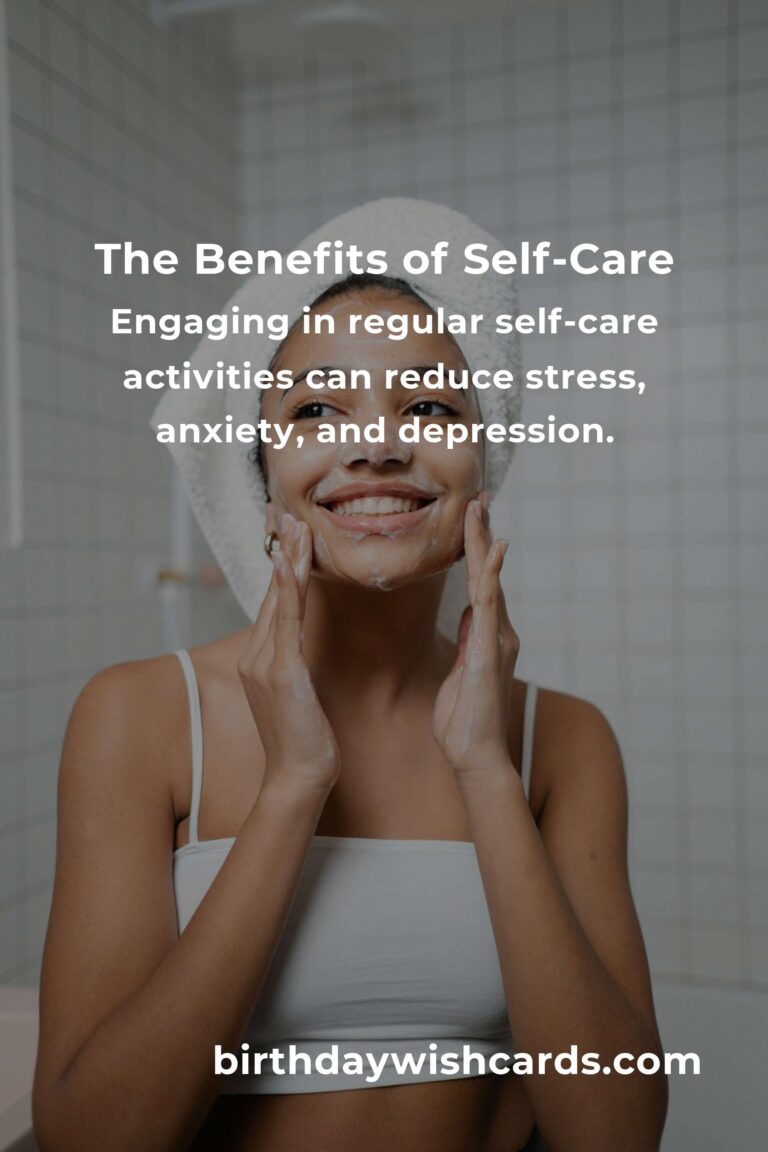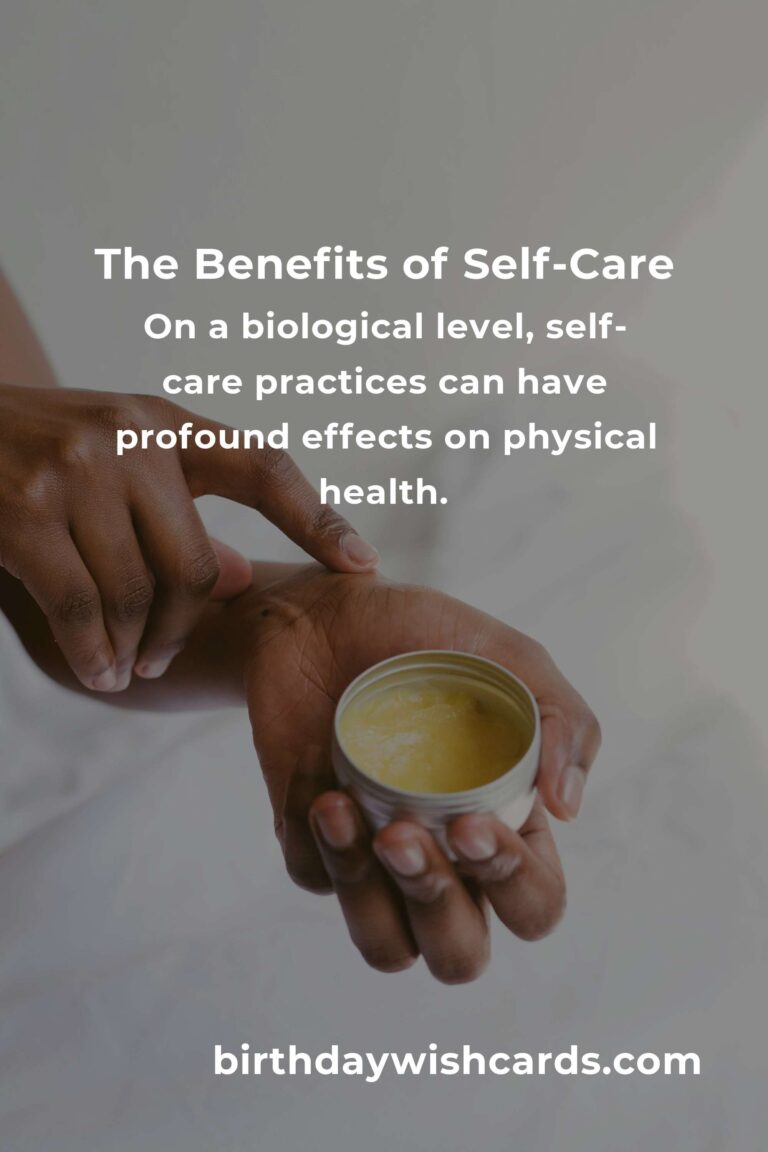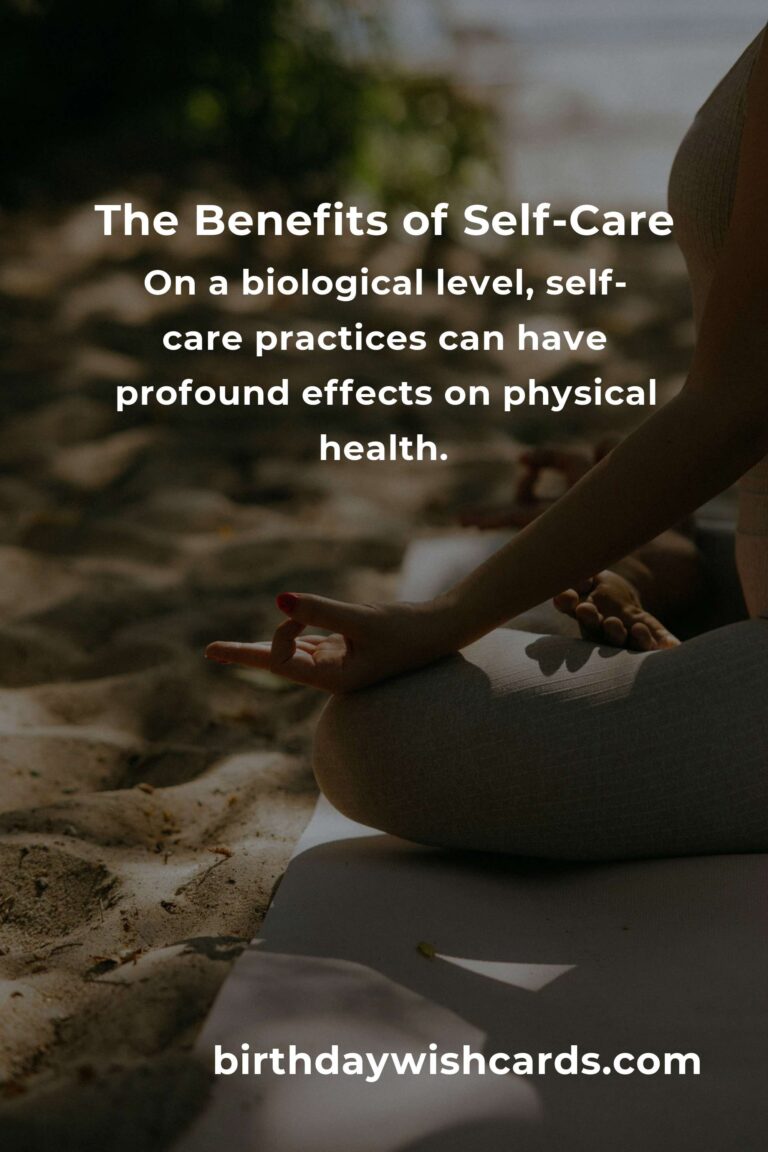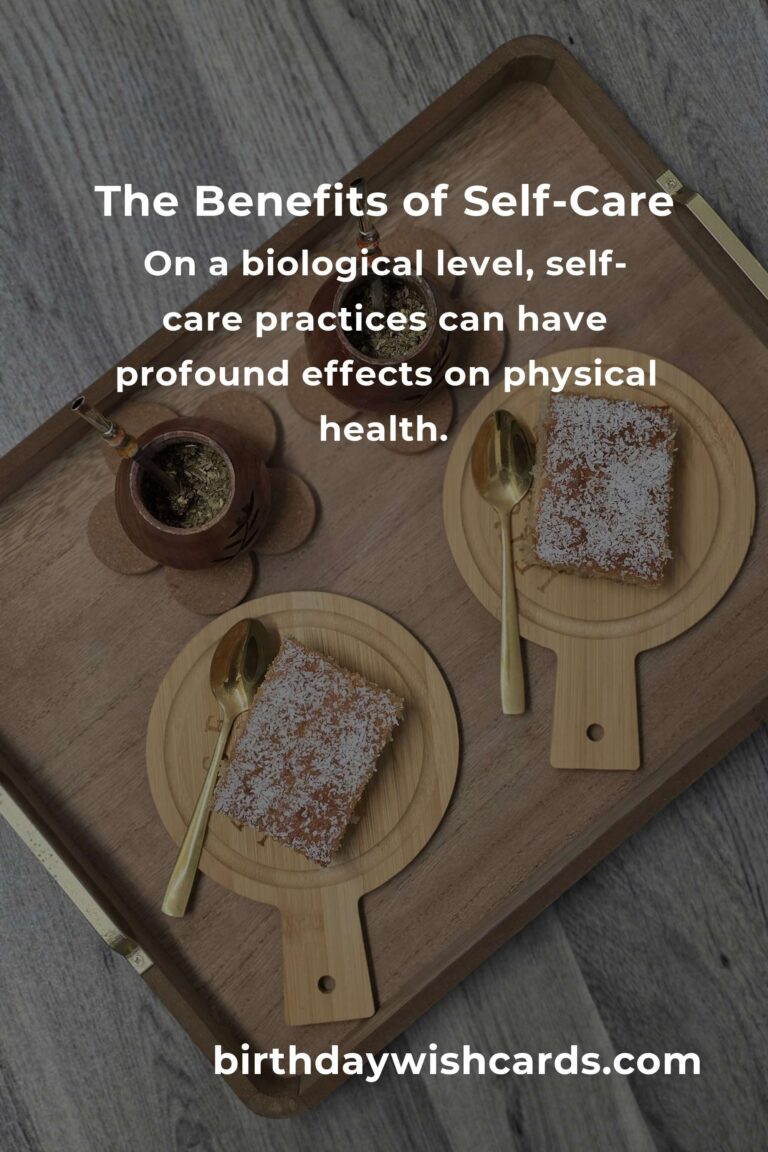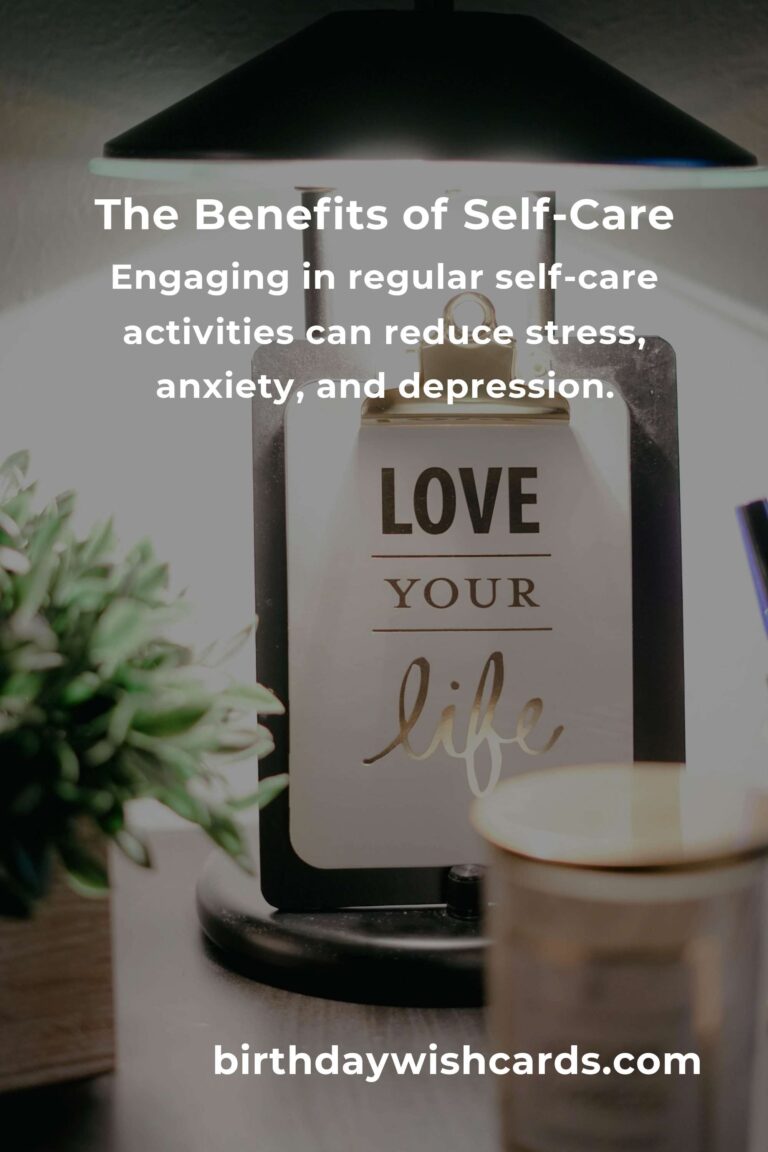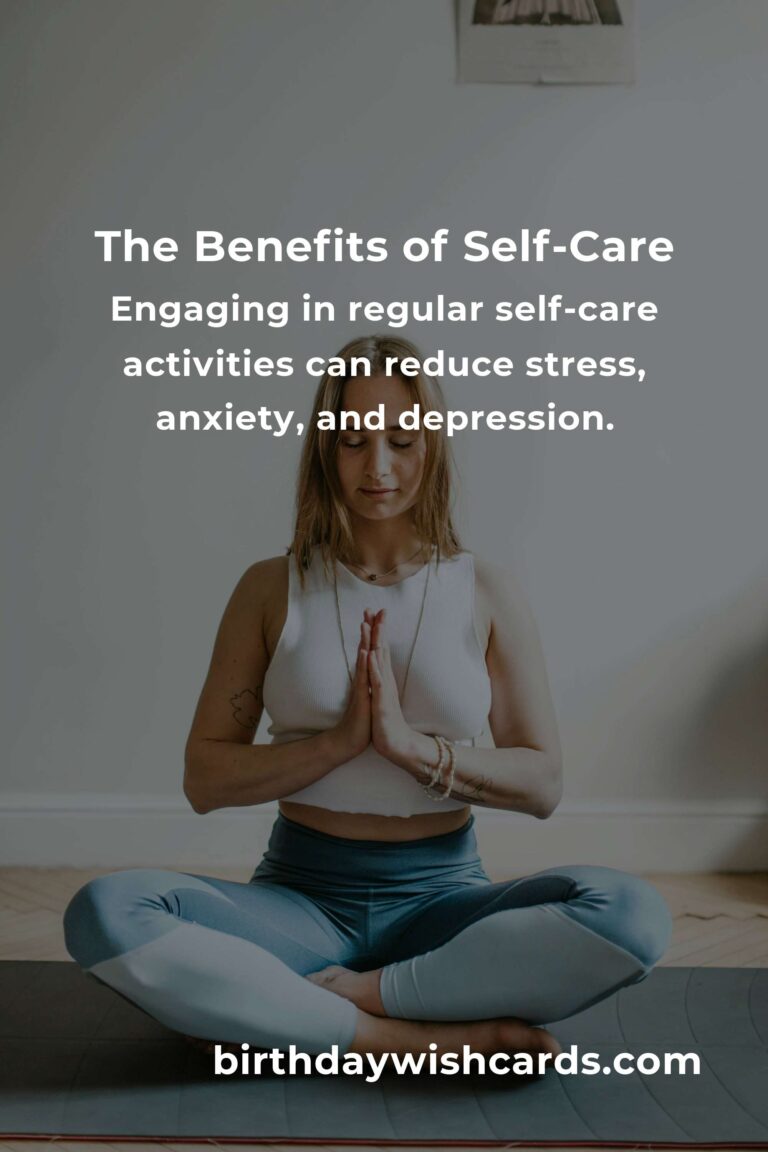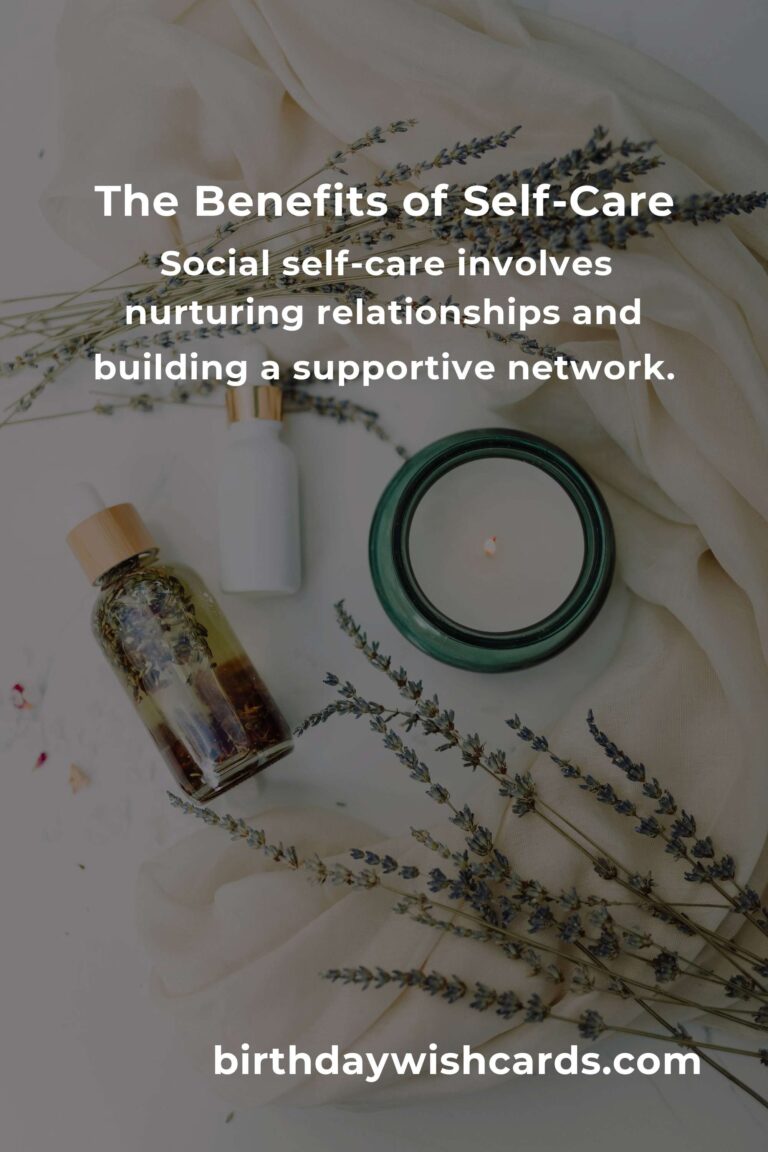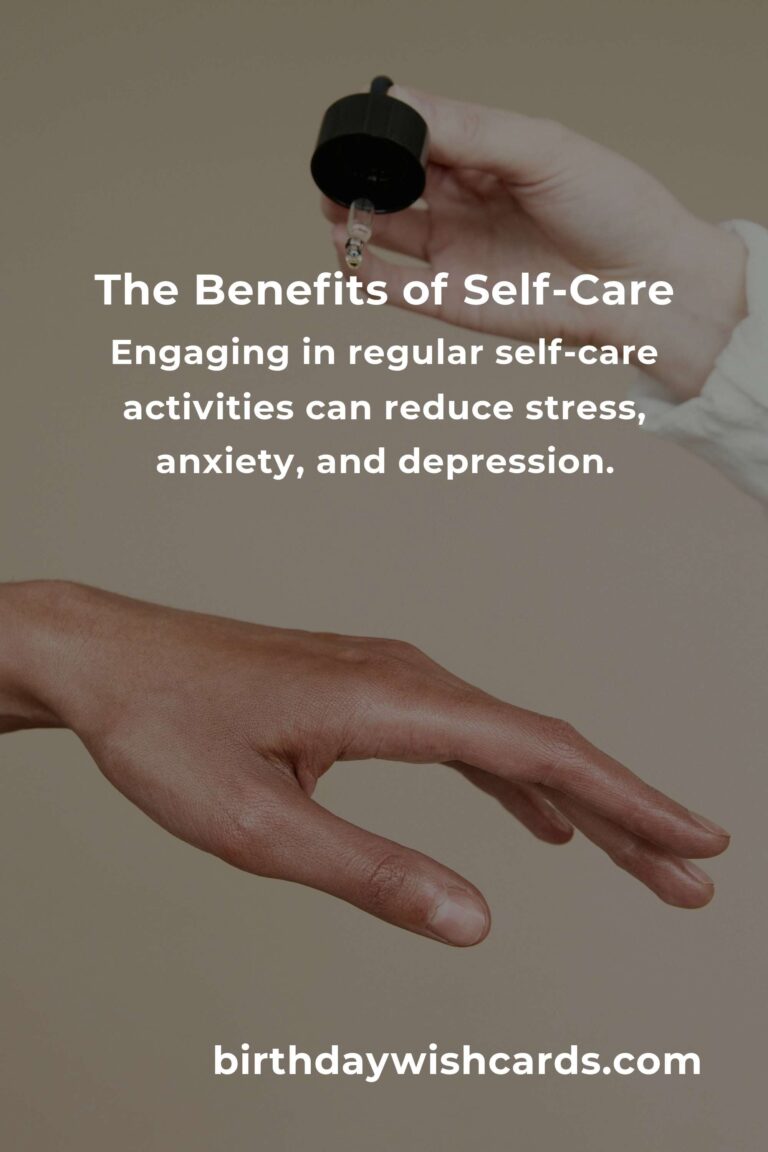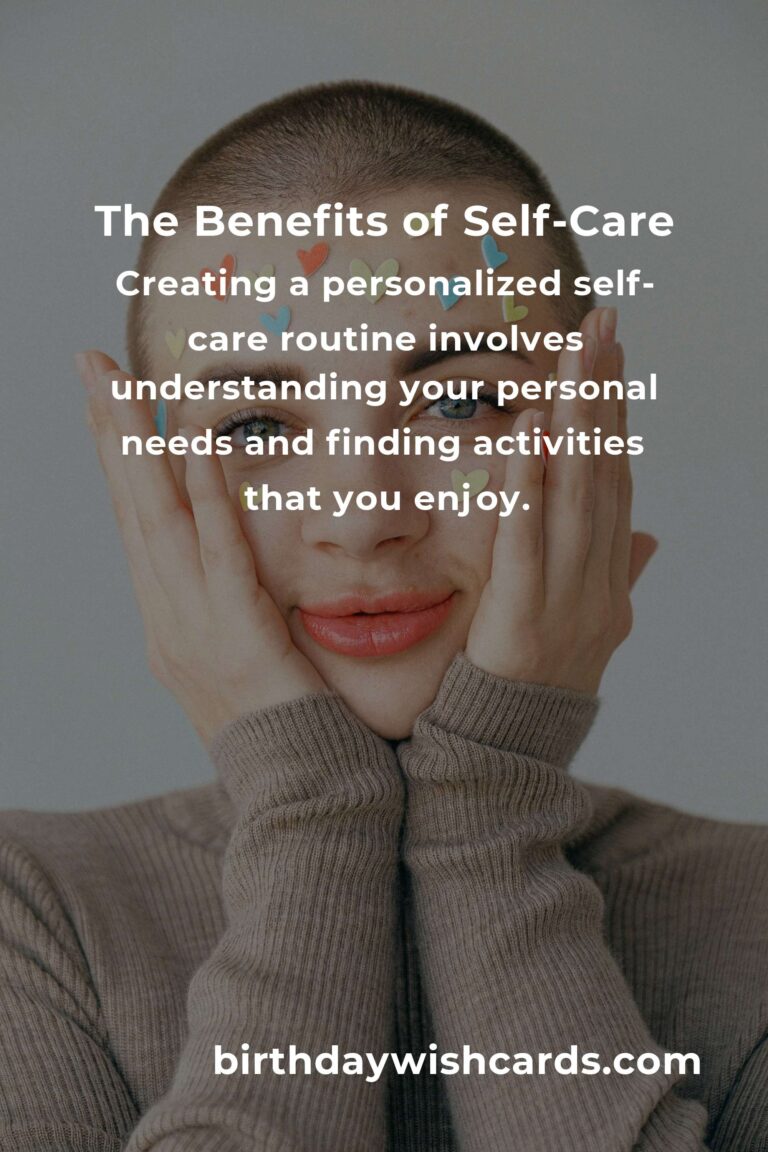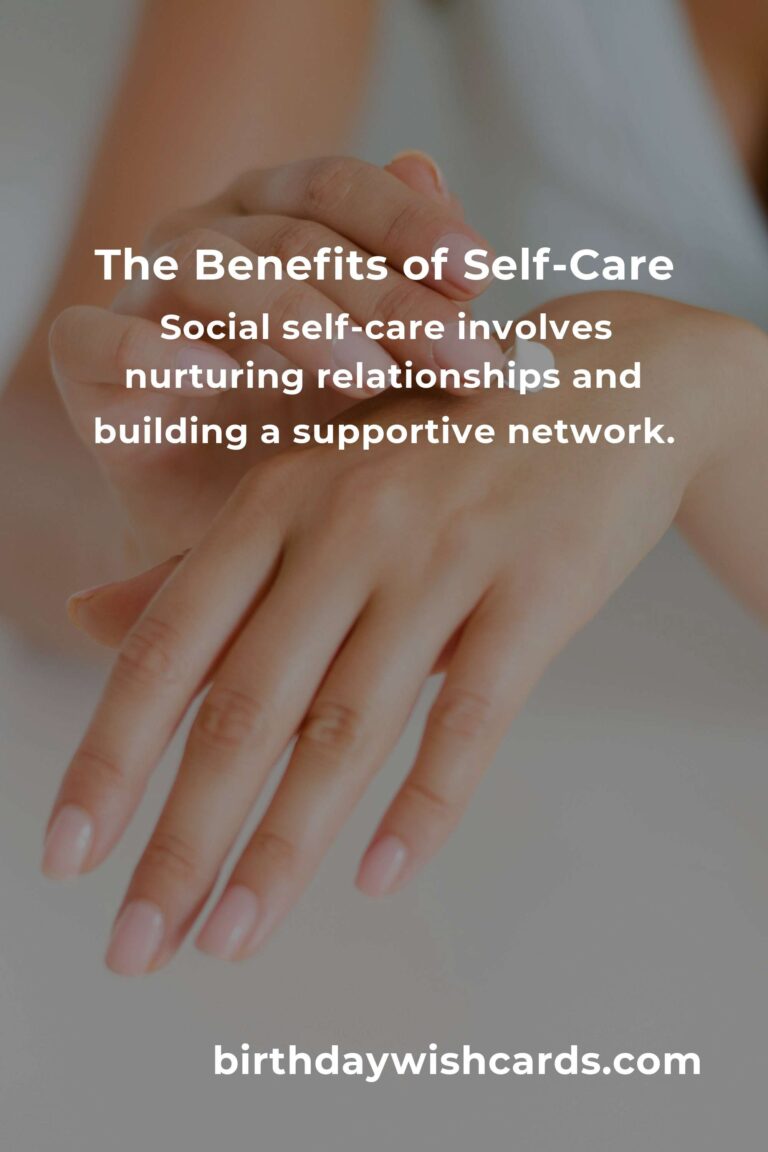
Self-care has become a buzzword in today’s fast-paced world, but what does it truly mean, and how can science back its effectiveness? Understanding the science behind self-care routines can help us create more effective and beneficial practices. This article delves into the scientific principles that make self-care a vital aspect of maintaining mental, emotional, and physical health.
What is Self-Care?
Self-care is the practice of taking action to preserve or improve one’s own health. In recent years, self-care routines have gained popularity as people seek ways to reduce stress and improve overall well-being. While the term might evoke images of bubble baths and face masks, self-care is much more comprehensive. It involves practices that nurture the body, mind, and spirit.
The Psychology of Self-Care
From a psychological perspective, self-care is crucial for maintaining mental health. Engaging in regular self-care activities can reduce stress, anxiety, and depression. According to the American Psychological Association, self-care helps improve mood and reduces anxiety by encouraging relaxation and enhancing self-awareness.
Mindfulness practices, such as meditation and yoga, have been scientifically proven to alter brain function by increasing grey matter density. This can enhance emotional regulation, leading to better stress management and a more positive outlook on life.
The Biological Benefits
On a biological level, self-care practices can have profound effects on physical health. Regular physical activity, a component of many self-care routines, is linked to improved cardiovascular health, weight management, and reduced risk of chronic diseases. Exercise releases endorphins, which are chemicals in the brain that act as natural painkillers and mood elevators.
Additionally, proper nutrition and adequate sleep, both integral to self-care, play vital roles in maintaining a healthy body. Nutrition fuels the body with essential nutrients, while sleep allows for vital repair processes and cognitive function enhancement.
Social and Emotional Aspects
Social self-care involves nurturing relationships and building a supportive network. According to research, strong social connections are linked to better physical health outcomes and increased longevity. Emotional self-care, on the other hand, involves activities that help you acknowledge and express your feelings regularly and constructively. This can include activities like journaling or talking to a therapist.
Creating a Personalized Self-Care Routine
Creating a personalized self-care routine involves understanding your personal needs and finding activities that you enjoy. It’s essential to strike a balance between activities that nourish different aspects of your well-being, such as physical, emotional, and social health.
Start by identifying areas in your life that need attention. Is stress management your priority? Focus on activities like yoga or meditation. If physical health is a concern, incorporate regular exercise and a balanced diet into your routine.
The Role of Technology in Self-Care
Technology has introduced new tools and resources for self-care. Mobile apps for meditation, fitness tracking, and mental health support can provide guidance and motivation. However, it’s important to use technology mindfully to avoid digital burnout.
Conclusion
Understanding the science behind self-care can empower you to make informed decisions about your well-being. By integrating scientifically-backed practices into your routine, you can enhance your mental, physical, and emotional health. Remember, self-care is not a one-size-fits-all solution; it’s a personal journey towards a healthier and more fulfilling life.
Self-care is the practice of taking action to preserve or improve one’s health. Engaging in regular self-care activities can reduce stress, anxiety, and depression. On a biological level, self-care practices can have profound effects on physical health. Social self-care involves nurturing relationships and building a supportive network. Creating a personalized self-care routine involves understanding your personal needs and finding activities that you enjoy.
#SelfCare #MentalHealth #Wellbeing #Mindfulness #HealthyLifestyle


